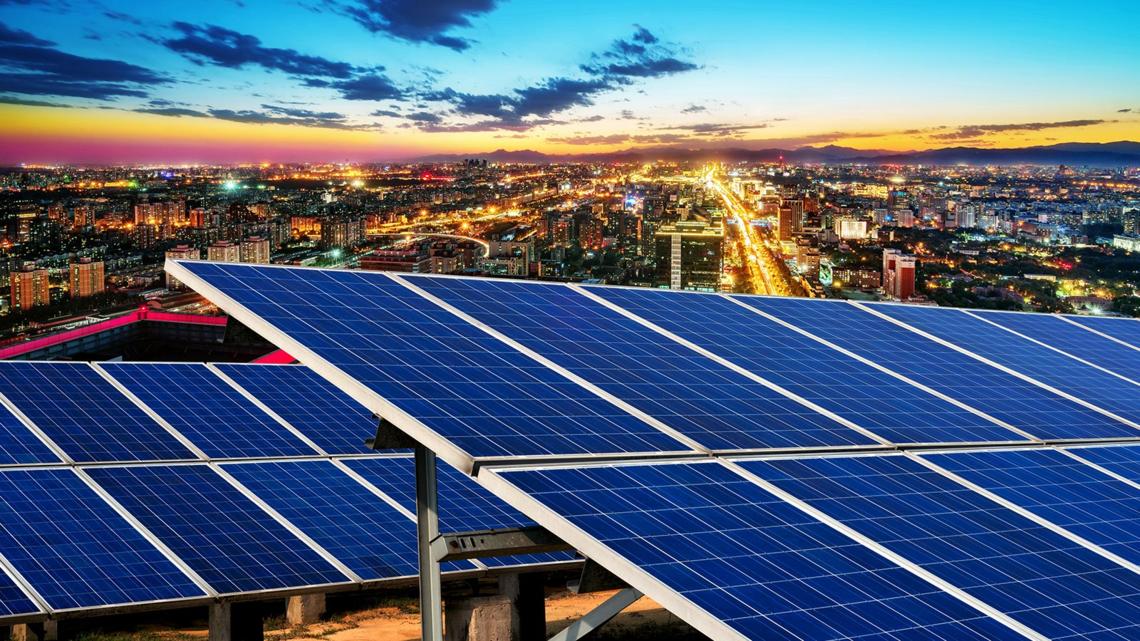World Bank and Banco do Brasil Work Together for Innovative Climate Finance Solution

The World Bank's Board of Directors approved a $500 million project to increase sustainable financing and make it easier for the private sector to access carbon credit markets.
Together with Banco do Brasil, one of the biggest banks in Latin America, the project will use a new approach to lending that is linked to sustainability for the first time. It will help Brazil meet its climate goals.
The initiative seeks to provide significant benefits for mitigation. By 2030, it is anticipated that emissions will be reduced by up to 90 million tCO2e or 4.5% of what Brazil needs to achieve its net-zero targets.
Through the expansion of financing by Banco do Brasil and private investors, the project is also expected to bring in up to US$1.4 billion in private capital.
As a leader in the Brazilian agriculture industry, Banco do Brasil is committed to helping customers, partners, and society move to a low-carbon economy through methods, credit lines, and sustainable solutions.
“Brazil has significant potential to become a global leader in the transition to a low-carbon economy. To do so, urgent action is required to complement public interventions with private solutions and financing,” said Johannes Zutt, World Bank Country Director for Brazil. “Banco do Brasil, which has a long history of providing financing for Brazilian companies that wish to become more sustainable and innovative, is a great partner for the initiative we are laying out today.”
The Brazil Climate Finance Project uses an innovative method of financing that is based on results. This gives companies a reason to adopt and put into action credible plans to cut their GHG emissions and reduce their carbon footprint as a whole. The initiative also links these firms to high-quality carbon markets.
With the new plan, Banco do Brasil will be able to offer its clients "one-stop-shop" packages that include both financing and support to access carbon markets. This will give Brazilian companies, especially small and medium-sized ones, an easy-to-use end-to-end service that starts with measuring their carbon footprint and ends with making money from high-integrity carbon credits.
The project will give Banco do Brasil a $400 million credit line, which it will use to provide sustainable loans to businesses that want to cut their carbon footprint.
The initiative also has a US$98 million pilot Climate Debt Fund, which is meant to use private capital to increase the amount of sustainable finance in the economy as a whole.
In addition to these financing tools, Banco do Brasil has been given US$2 million to help it improve its ability to help companies adopt credible plans for reducing carbon emissions and gain access to high-quality carbon markets through technical assistance.
“Both public and private sectors have a vital role in supporting the transition to a greener economy. We welcome the partnership with the World Bank not only because it is the world's largest funder of climate action in developing countries but also because of its expertise in creating and strengthening local capital markets and greening domestic financial sectors. The project fits in with our plan to be a leader in sustainability and encourage business in the ESG space. We hope that the initiative will have a very positive effect, integrating knowledge and financing in favour of a low-carbon economy among our customers throughout the country,” stated Fausto Ribeiro, President of Banco do Brasil.
Globally and in Brazil, financial institutions are channelling more resources toward green and climate-related activities through a range of financial products. By making mitigation-based financing a standard part of a large financial institution, the project tests an innovative method that has a good chance of being used on a large scale in Brazil and elsewhere.
The project is a direct part of the current partnership between the World Bank and Brazil, which focuses on fair and sustainable development. This includes helping Brazil reduce the amount of greenhouse gases it sends into the atmosphere and adapt to the effects of climate change. To reach this goal, it will be very important to come up with ways to use the money to reduce carbon emissions across all economic sectors.
For more sustainable finance news
Source: World Bank

